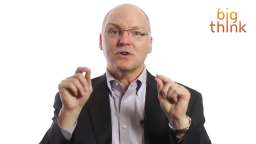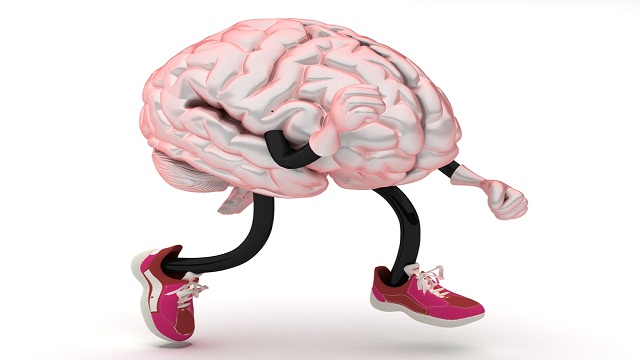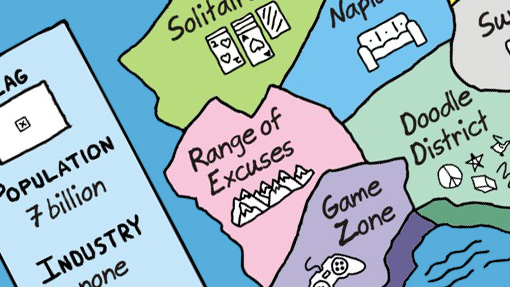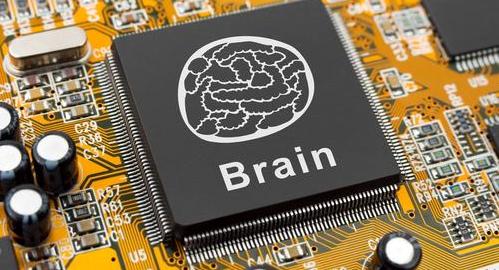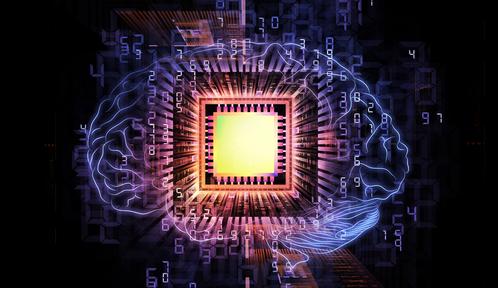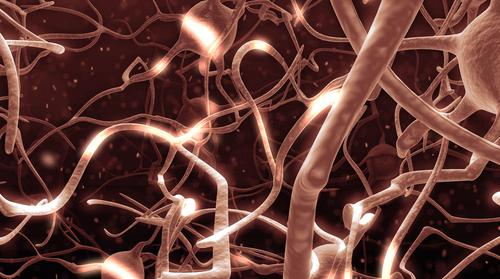A restaurant check wallet currently being road-tested comes with its own mini-computer, letting patrons pay with a credit card right at the table.
Search Results
You searched for: Computers
Have you gotten a measure of your attention skills on a site like Lumosity? Has a physician recommended that your elderly parent give software like BrainHQ a try? Then you are already part of the booming Digital Brain Health market . . .
A Swedish startup launched a Kickstarter project today to raise money to help bring its “lapel-camera” to market by early next year.
In September of 1965, Life magazine ran a piece on medicine’s “astonishing” and “audacious experiments” that might even promise a “kind of immortality.” The first article dealt with reproduction. The […]
According to Jeff DeGraff, half of the challenge for innovators “is having the courage, the temerity, the will to actually stop doing something, which is infinitely harder than starting something new.”
Today’s business climate calls for decisions to be made faster than ever. Big data can help managers achieve that while creating a positive culture of transparency and innovation.
Due to shortages, some schools are turning to Khan Academy, the free online education site, to provide students with lessons.
Country motto: Don’t do today what you can put off until tomorrow. Aren’t we all honorary citizens?
Last weekend I published a post titled, “The World is Getting Worse (And Other Lies)” in which I shared some inspiring data and anecdotes that have helped me to embrace […]
Keyboards and mice are about to get some competition from wearable sensors that allow users to control electronics with gestures.
The introduction of tablets to the kindergarten crowd sounds like a phenomenal opportunity to assert the leading role of American innovation.
The rise of facial recognition technology has resulted in computers seeing faces in nature where there are none. Does this mean computers are given to the same flaws as humans?
Art.sy, which launched on Monday, hopes to give users an easy entree into the world of fine art with the help of hefty financial backing, art historians, and many art institutions.
Hurricane Sandy’s the hurricane from hell. It broke all records. It was the storm of the century. It is the hurricane we will tell our grandkids about.But can it happen […]
Researchers have used the IBM supercomputer Blue Gene to better understand how new medicines function on the quantum level, speeding trial times and improving research.
The Science Channel will re-run all five seasons of the sci-fi cult drama Fringe beginning tonight at 8pm. The two-hour pilot will air along with the first episode, followed by daylong […]
A team of British computer scientists is working to create the best computer simulation of the human brain yet. When finished, the machine will model the behavior of one billion neurons.
A recently-released line of state-of-the-art mainframes proves that, all these years later, IBM is still going strong in the Internet age.
Most people agree that our technology is getting smarter, but most don’t realize just how smart.
Enter the fray for a chance to get published! Send us your Ideas Gone Wild on next week’s topic: URBAN LIVING – Click Here for details Editor’s Note: Last week’s Ideas […]
Compelled by a programmer shortage, Estonia is implementing a computer programming curriculum that teaches children as young as 6 to code. It joins a growing movement that’s designed to make everyone “code-literate.”
There are many people in the world who do not worry about not having access to the Internet or being able to use a computer on a day to day […]
Brain-to-brain communication would involve not just the exchange of information, but also the transmission of emotions and feelings, “because these are also part of the fabric of our thoughts.”
Yesterday I argued that Hurricane Sandy may enhance President Obama’s prospects for re-election. Today, in the aftermath of the worst storm to hit the eastern seaboard of the United States […]
After Youtube refused to take down the incendiary film “Innocence of Muslims” the Iranian government has taken down Youtube. And Gmail. And all of Google.
California-based Blue River Technology has raised over $3 million to commercialize its robot weedkiller, which works using a combination of machine learning and computer vision.
A novel study out of MIT is the first of its kind to accurately describe the behavior of certain classes of neurons using simple, yet subtle, mathematical formulas, aiding in the fight against neurological disease.
We have a blind spot when it comes to predicting our own moral and ethical behavior, but new research suggests we are better, not worse, when part of a crowd.
It’s not just a search engine, it’s a verb—Google! Despite some recent glitches with finances, Google remains for many the face of the Internet, the go-to site to go to […]

